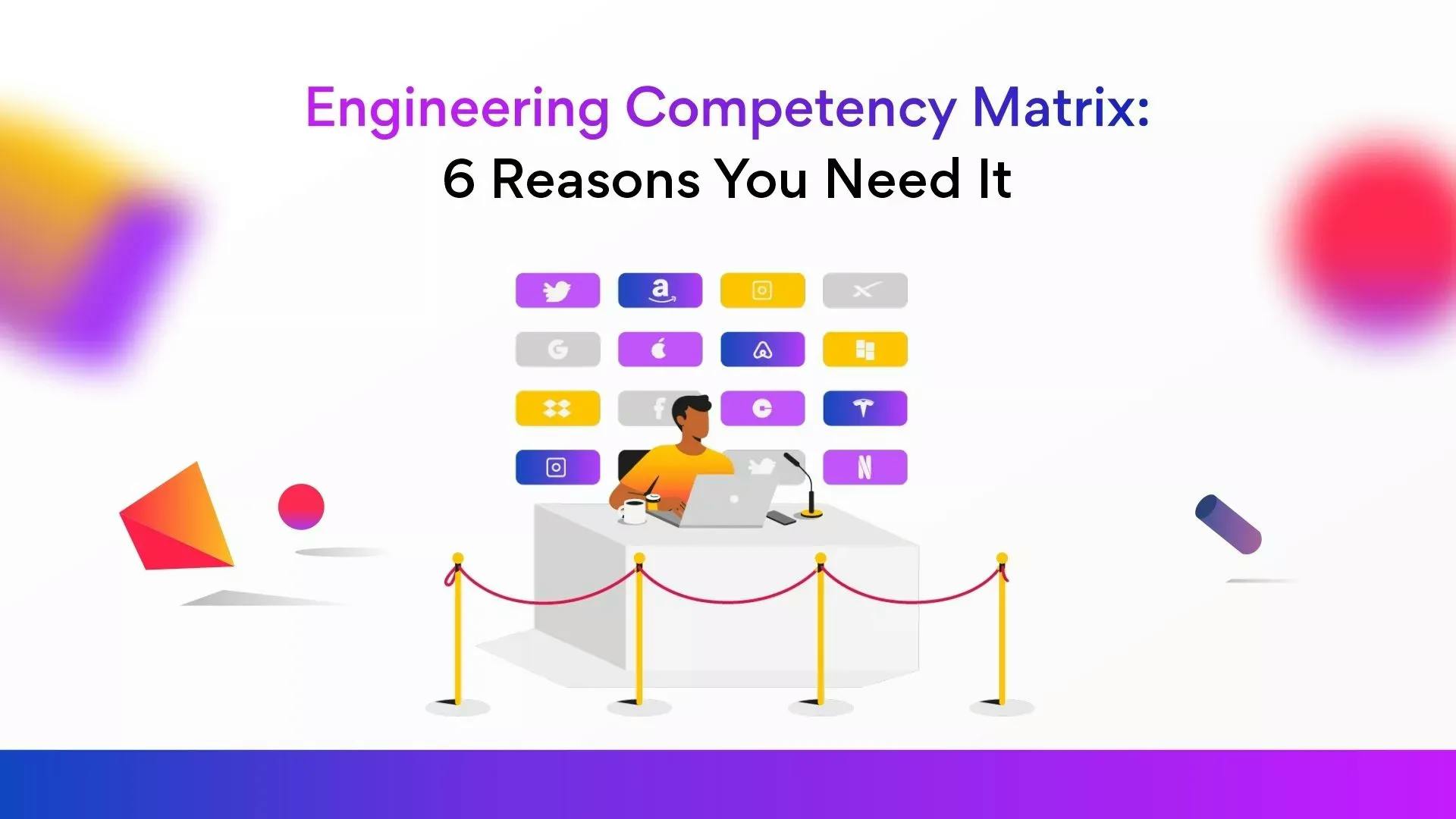Hire deeply vetted software engineers
Companies can now hire software engineers remotely with Turing. Hire now and get access to the most deeply vetted developers and teams, matched by AI. Our deep vetting talent platform uses AI to source, vet, match, and manage 3 million+ developers worldwide.
Get 3-week risk-free trial
4 days
to fill most roles, sometimes same day.
50+ hours
of engineering team time saved per developer on interviewing.
97%
engagement success rate.






Hire the top 1% of 3 million+ engineers who have applied to Turing
Here’s what customers have to say about Turing
See all reviewsTuring has been providing us with top software developers in Latin America. All our other vendors combined don't have the headcount that Turing does.
Program Manager of one of the world's largest crypto exchange platforms We hired about 16 ML engineers from Turing which reduced our hiring effort by 90% as compared to other vendors.
Engineering Manager of a NYSE-listed, Fortune 500 healthcare company We're super excited about Turing as we will scrap our existing lengthy interview process and lean on Turing's vetting to build up teams on demand.
Director of engineering of a US-based, multimillion-dollar finance company
How to hire software engineers in 4 easy steps
Tell us the skills you need
We'll schedule a call and understand your requirements.
We find the best talent for you
Get a list of pre-vetted candidates within days.
Schedule interviews
Meet and select the developers you like.
Begin your trial
Start building with a no-risk 3 week trial period.

How to hire a software engineer? Essential skill set, interview questions, and a lot more
Software engineers are responsible for building, developing, launching, and maintaining systems, applications, and platforms. These qualities are a combination of both the soft and technical skills needed for efficiency in the workplace.
When it comes to software development, it is a booming industry, and software engineers are at the forefront of innovative products and modern technical advancements, bringing businesses to the next level of integration. However, companies that need to hire software engineers must follow the ideal hiring process required to source skilled candidates.
To help simplify the technical recruitment as it entails considerable research and critical decision-making, we have put up an excellent resource that allows you to hire remote software engineers with great expertise that meets every requirement.
Skills to look for in a software engineer
The process involved to hire software engineers takes more than just scanning through stacks of applications. There are essential skills to look out for, and this brief run-down should help you get some ideas. A professional who checks off most of these requirements would be suitable for the position.
1. High-level coding and computer programming skills
It is a must-have skill to check for when you’re looking to hire the best software programmers. For several reasons, software engineers need to be familiar with multiple programming languages such as JavaScript, Python, Java, C/C++, PHP, HTML/CSS essentials, as well as other programming fundamentals like data structures and algorithms. When you hire software engineers with significant programming experience, they’ll utilize their expertise in different areas of software development to create unique software solutions.
2. Experience in software testing and debugging
The most significant bug in production is usually deploying untested or broken code. Therefore, one of the greatest skills you can assess a developer for is the ability to test and debug code effectively. There are currently several product testing methods, and when you hire software engineers who have gained a mastery of these testing methods, it will have a significant impact on the business and products.
3. Knowledge of software tools and frameworks
Software frameworks help in building efficient web applications. When you hire the best software programmers, they will need to design future-proof solutions that do not need re-designing each time a parameter changes. Hence, you don’t want to hire software engineers who are not vast in their experience. Instead, go for someone who knows the working principles of different software tools and frameworks and can be resourceful enough to consider existing tools before starting a new solution.
Interested in hiring a software engineer?
Join Turing and find top developers now!
4. Familiarity with recent industry developments
Technology is extremely fast-moving, so if you’re aiming to hire remote software engineers, they should be able to learn new programming languages and techniques, as well as, adapting to the continually changing environment. Alongside learning about technology, software engineers will often have the opportunity to develop their knowledge about the business and sector they are working in, as these are also ever-changing.
Work with top software engineers from around the world
Turing helps you find the right developers for your project
5. Proficient in data structures and algorithms
The knowledge of data structures and algorithms is a top priority to assess a talented programmer's problem-solving and coding skills. Keep an eye out for software engineers with sound expertise in data structures and algorithms to solve specific problems and reduce complexity.
6. Seamless communication and teamwork capabilities
In addition to technical skills, software engineers need to be great communicators and team players. As an employer or technical hiring manager, you will hire software engineers who most likely will spend a lot of time collaborating with colleagues from different departments, as well as other internal clients. They might be discussing a bug that needs to be fixed, planning an upcoming release or feature. The need for software engineers to work as part of a team to share knowledge and ideas demand proficiency in teamwork and communication.
7. Excellent creativity and problem-solving skills
When you hire top software engineers, it isn’t quite the same as hiring a graphic designer but that doesn’t mean software engineers cannot be creative in their own way. There are many ways in which they can showcase their creativity, including in the way they think to solve a problem. Engineers, for example, need to be able to put themselves in the users’ shoes to provide a software solution or build a product.
They will need to develop innovative new systems, technical functionalities, and creativity comes into play when designing a well-thought-complex software solution. Ensure to hire software engineers who display exceptional creative and problem-solving traits as these are highly beneficial business skills.
Create a hiring funnel
Creating a hiring funnel offers several benefits, like assisting you in selecting the top skills and identifying the best candidate who will fit into your company's culture. Recruiters widely use this approach to hire software engineers efficiently.
What Turing does for you
Candidates screening
We will help you select the best talents and hire a software engineer who will fit in your company culturally.
Test task
We verify if the candidate really wants to work at your company and is able to spend 5+ hours to prove it by rigorous tests. It helps us to see a developer's caliber.
Technical test
Developers are asked skill-related questions and made to solve tricky problems. We use open questions. The goal is not only to test developers’ knowledge – we also want to find out their way of thinking.
Giving specific feedback
We provide explicit feedback on both the test task and the technical test after we have checked the developer's expertise.
What you do
Interview
You can interview the shortlisted developers to check if the candidate matches your requirements and is a good fit for your company.
Hired/Not-hired
Hire intelligently with developers sourced by software, vetted by software, matched by software & managed by software.
Top interview questions to hire software engineers
To get an overview of the candidate’s practical architectural skills and gauge the level of proficiency, here is a list of possible questions to ask in a bid to hire software engineers during an interview.
Work with top software engineers from around the world
Try Turing today and discover great developers to fuel your ideas
More questions to hire software engineers
- Describe your process for developing a software project from start to finish.
- What can you describe as the fundamental principles of software engineering?
- What process do you follow when reviewing someone else's code?
- What are the major steps taken to identify and fix bugs in a large application?
- What does software testing entail?
- What important considerations do you make while developing a database server?
- How do you manage to stay updated with recent technology trends?
Latest posts from Turing
Frequently Asked Questions
What is the no-risk trial period for Turing software engineers?
The purpose of the 3-week no-risk trial period is to start working with the developers and include them in the team. If you are satisfied with the developers, you keep working with them and pay their salary including the first 3 weeks. But, if you are not satisfied during the trial period, then you won’t pay anything.
How are Turing software engineers different?
With Turing, companies can hire top-quality, cost-effective, and highly productive software engineers who belong to the top 1% of the world's remote developers. All Turing software engineers are selected only after going through a series of rigorous tests where their skills are evaluated for a Silicon Valley bar. Daily standups are mandatory for every Turing developer as they keep the developer and the customer in alignment with the discussed goal. All Turing remote software engineers work for at least 4 hours in your time zone for your convenience.
How quickly can I hire software engineers through Turing?
Turing’s automated seniority assessment test, algorithm coding interview, and automated vetting flow help companies hire remote software engineers in a matter of days. Turing’s AI-powered deep vetting platform matches most companies with developers within 4 days.
How does Turing vet remote software engineers?
Turing has created the first and only Intelligent Talent Cloud to vet remote developers for a Silicon Valley bar. Turing tests developers based upon actual skills vs. self-reported experience from traditional resumes or job interviews. Every developer at Turing has to clear our tests for programming languages, data structures, algorithms, system designs, software specialization, frameworks, and more. Each Turing developer goes through our automated seniority assessment test comprising 57 calibrated questions in 5 areas — project impact, engineering excellence, communication, people, and direction.
For which other skills can I hire remote developers from Turing?
With Turing, you can hire the best remote developers for 100+ skills such as React, Node, Python, Angular, Swift, React Native, Android, Java, Rails, Golang, PHP, Vue, DevOps, Machine Learning, etc. Turing also offers developers based on tech stack and seniority.
Hire Turing Developers
Let’s Find the Right People to Accelerate Your Roadmap
You don’t need more resumes. You need the right talent embedded in your workflows, aligned to your KPIs, and ready to build from day one. Let’s talk about what’s missing, what’s possible, and how we can help you move faster.











